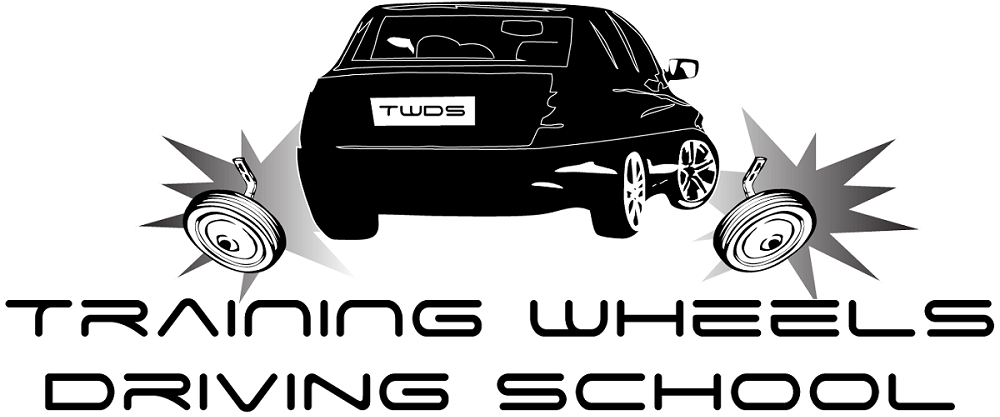There are numerous reasons a driver may take medication—allergies, anxiety, diabetes, pain, or a heart condition. Whatever the condition, most medications either prescribed or over the counter can cause different reactions in different people. Some side effects of medication can include sleepiness, dizziness, slowed movement, and even nausea. As a driver, it’s your responsibility to understand your medications’ effects and how they can affect your ability to drive safely.
It’s not uncommon for drivers to require more than one prescription at a time, but depending on the condition, combining different medications can mean problems for some individuals. Older adults are especially at risk for this because they are more likely to be taking one or more medications. Most people can operate vehicles safely if they’re properly taking their medication. However, to avoid medication-related problems, drivers should consult with their doctor or pharmacist about all the medicine they’re taking.
Even if your driving ability isn’t a concern, consulting with a medical professional is still a smart course of action. If needed, your doctor can help reduce a prescription’s negative impacts by adjusting the dose, adjusting the time of day the medication should be taken, adding a new health regime alongside your medication, or changing you to a different prescription. When your doctor writes a prescription, ask as many questions about the side effects as possible.
Remind your doctor of any other prescriptions you’re taking, especially if you have more than one doctor. Even if you aren’t taking everything as prescribed, remain honest with your doctor and pharmacist so that they can suggest the best treatment. Pharmacists are available to answer questions no matter where you get your medicine.
When you first start your medication, wait until you know how it affects you before driving, and you can even request a printed copy of the side effects, which can help serve as a quick reminder for side effects and proper dosage. Also, keep track of how you feel before and after you take the medication; keeping a journal or a bullet list as a reference can help with this.
Keeping notes is a great reference for doctors. Whether good or bad, it’s important to inform your doctor about the reactions you have with certain medications. Each person is unique, and two people may respond differently to the same medicine. The more information you provide for your doctor, the better he or she can help you find a medication that works. If you have to cut back on driving, you can still rely on carpooling, public transportation, or walks and shorter commutes.
Think you or someone you know is in need of Behind the Wheel Training? Training Wheels is a Galloway driving school specializing in teaching new teen drivers how to stay safe on the road. For more information on our lessons, please click here.
Copyright: stockasso / 123RF Stock Photo

